Check out what our staff has been reading below and share what you’re reading in the comments or on Twitter using the hashtag #CRPreads.

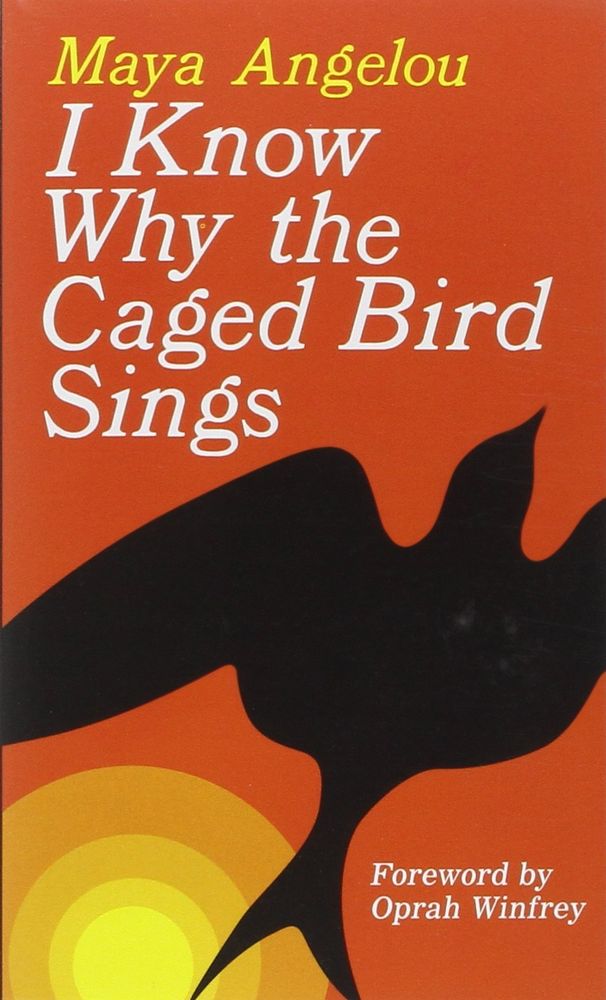

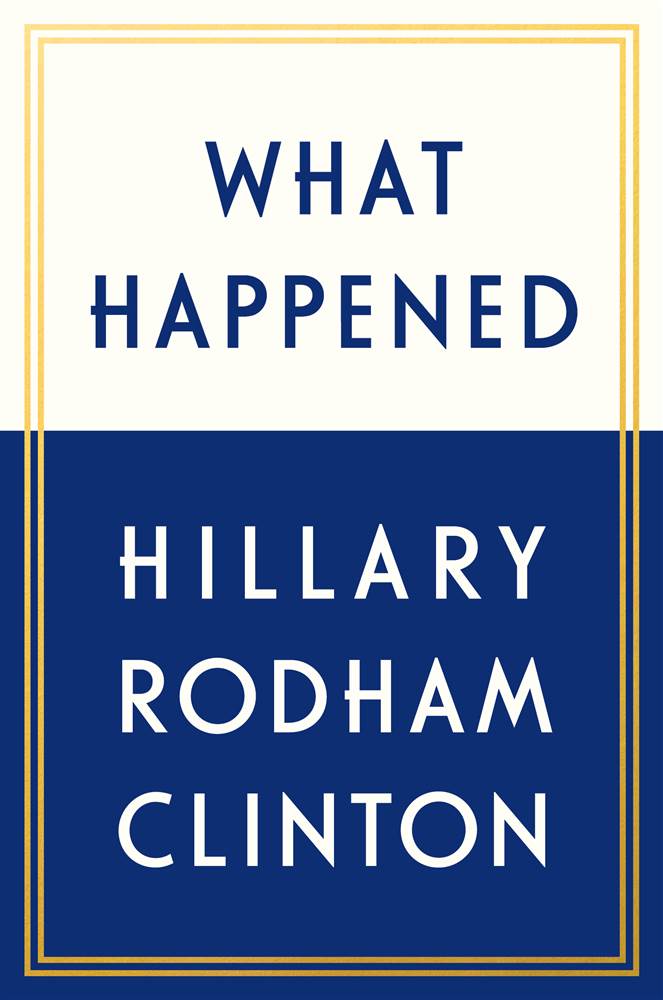
I just finished reading They Can’t Kill Us Until They Kill Us by Hanif Abdurraqib. Abdurraqib worked as a columnist at MTV news and has written about music, pop culture and identity for years. This essay collection is a nice mix of pop culture criticism and poignant details from his personal life. *side note* I was finishing up the book on the brown line during my commute home, and a woman sitting next to me recognized the cover, pulled out her own copy, and we spent the entire train ride discussing the book. So cool! —Olivia Aguilar, publicist
I’m finally finishing the long and beautiful saga of the Neapolitan novels, with only a few hours of audio left on The Story of the Lost Child. I’m also looking forward to starting Maya Angelou’s I Know Why the Caged Bird Sings for a new book club. —Ashley Alfirevic, publicity associate
Ever the audiobook cheerleader over here! I’m currently toggling between two audiobooks—one fiction, one nonfiction. For fiction, Manhattan Beach by Jennifer Egan (I really enjoyed her last book, the Pulitzer Prize–winning A Visit from the Goon Squad). For nonfiction, Alexander Hamilton by Ron Chernow (It’s been so fun to read this post-Hamilton and take a deeper dive into the life of A. Ham). —Caitlin Eck, publicity manager
I’m listening to the audiobook of What Happened, read by HRC herself. Suffice it to say the book is bringing up a lot of feelings. —Ellen Hornor, project editor
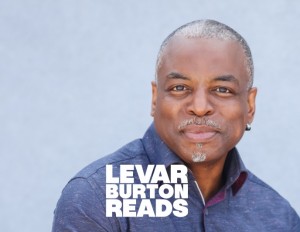
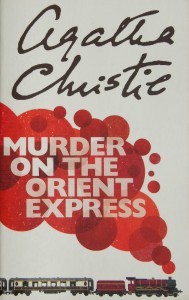
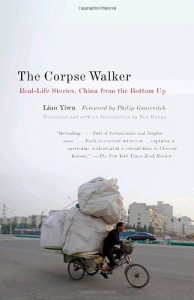
I haven’t been reading too much this week, but I have been on what feels like near-constant podcast consumption, and if you are not listening to LeVar Burton Reads then you are missing out on having LeVar Burton reading the best short stories just for you. And you should take my word for it. —Mary Kravenas, marketing manager
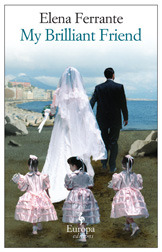 Just finished Dune and loved it. Now I’m going to start My Brilliant Friend because at least one person from Chicago Review Press must be reading the Neopolitan novels at all times. —Emily Lewis, editorial and marketing assistant
Just finished Dune and loved it. Now I’m going to start My Brilliant Friend because at least one person from Chicago Review Press must be reading the Neopolitan novels at all times. —Emily Lewis, editorial and marketing assistant
 I’ll be next. —Michelle Williams, managing editor
I’ll be next. —Michelle Williams, managing editor
I read Harry Potter and the Cursed Child over the holidays and just finished A Little Life this week. The former was fine I guess. It did make me want to see the play. I had mixed feelings about A Little Life, which had phenomenal writing and an initially intriguing story. At eight hundred pages, it really dragged about halfway through, and it was obnoxiously, pretentiously New York, in addition to some fairly unbelievable plot developments. The writing carried it though. I’d give it a B–. After that heavy (physically and topically) tome, I’m going cleanse my palate with Murder on the Orient Express, a Poirot mystery I have inexplicably never read. —Lindsey Schauer, project editor
Liao Yiwu’s The Corpse Walker is one of the most astonishing books I’ve ever read (and I’m only halfway through). It’s a collection of interviews with people on the bottom rung of Chinese society. That makes it sound insignificant, but Liao is an interviewer of the caliber of Studs Terkel or Svetlana Alexievich, except that with every interview he conducts, he practically risks his life. Though he tells us little about himself, his questions reveal an uncompromising stance toward truth and an uncanny ability to see through to the heart of his subjects. And the subjects include, besides the eponymous “corpse walkers,” a professional mourner, a public toilet attendant, a sex trafficker, a fearless composer, and a 104-year-old abbot. Not all of them are sympathetic; at one point Liao tells the sex trafficker that he should have his tongue cut out—which is the same response most readers will have. While most of them relate horrific stories of life and death under Mao, what I came away with is the almost geological scale of the transformations of human society, habitation, and thought that have taken place in China over the last century.
I’m also halfway through Steven Watson’s book The Harlem Renaissance: Hub of African-American Culture, 1920–1930. It’s not as thorough or as brilliant as David Levering Lewis’s When Harlem Was in Vogue, but of the dozen or so books I’ve now read on the subject, it’s the most entertaining. —Yuval Taylor, senior editor
No Comments
No comments yet.